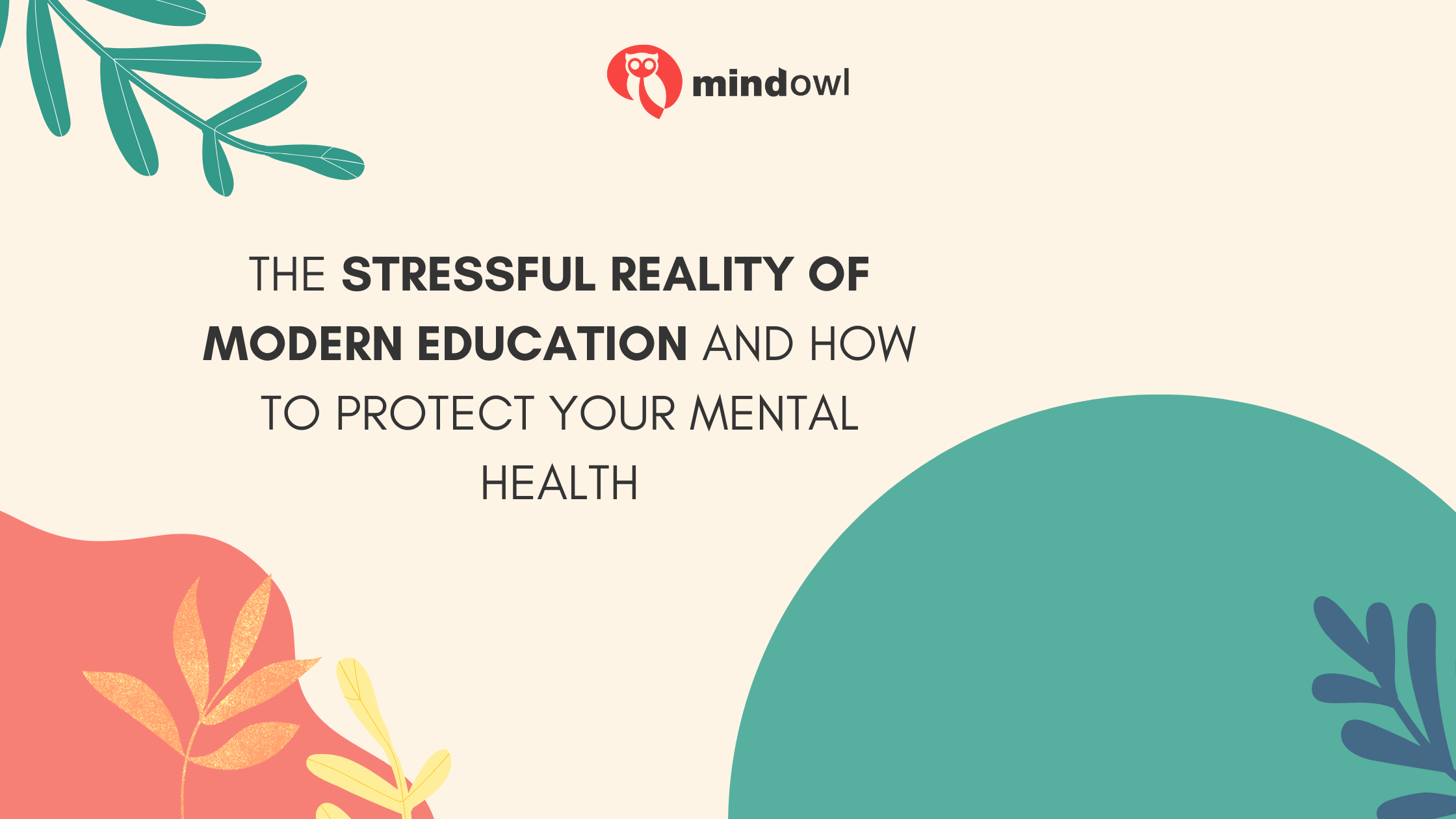The demands of modern education can be overwhelming. The standards and expectations that are now placed upon children and young adults have gotten to a point that is genuinely troubling to anyone who is paying attention.
While the demands are steadily increasing as children cross from elementary to middle school, the strenuousness of scholastic expectations begins to take hold starting in high school. The gradually rising demands for scholastic performance, the competitiveness of collegiate programs and the credentials that the most sought-after schools look for in applications have pushed the societal expectations for extracurricular activities to higher levels as well.
Where once involvement in a single sports team, art, or music program was enough to demonstrate to colleges that someone was skilled and hard-working to warrant being accepted into the most coveted schools, students now need to balance multiple afterschool programs. For those truly stellar, high achievers, volunteer work or summer internships are the last piece of the puzzle for standing out and getting into the best schools.
What is strange is that researchers, educators and parents have found and demonstrated that the current demands can be a serious challenge to teens’ mental health. Despite the evidence though, pressures and expectations remain.
College Concerns
While much of the discussion around schooling standards and mental health has been focused on k-12 students in the recent past, colleges have begun to wake up to the realities of the detrimental nature of the pressures that are consuming college programming. A paper published by the National Education Association in March of 2023 went on to summarize the following point: a national survey of college students has shown that rates of major mental health issues such as anxiety, depression, and suicide are at all-time highs.
Of the more than 90,000 students that were polled in the survey from 133 campuses across the country, more than 60% of the student body could be identified as struggling with at least one mental health concern— a staggering near 50% increase from 2013. Some of the top statistics showed that 44% of students in the survey wrestled with depression and around 37% consistent anxiety. Most concerning however is that 15% of students reported having suicidal thoughts.

How COVID Changed America’s View of Mental Health
Much of the awakening that has caused parents, teachers, administrators and policymakers to join the fight against mental health in students was ironically due to the dramatic rise in global mental health concerns during the COVID-19 pandemic. Luckily, the extent of the mental health crisis that emerged worldwide in schools, families, and professional life, caused people to begin waking up to the reality of the levels of stress induced by the sometimes unreasonable demands that modern society had deemed as “success”.
The end of the pandemic caused some major shifts in perspective, and the ideas born from that time have led to even more interest and support for reevaluating the standards and ideals that have been interwoven into educational lifestyles. Despite these efforts, and as with most societal changes, things will take time.
In the meantime, what’s needed is the continued education and support of students to engage in a variety of extracurricular activities that can lead to a healthier school-life balance and mental health scores.
The following are some ideas of how students can better protect their mental health while still operating at high levels of success in school and life.
Self-Care Practices to Protect Mental Health
Engage in Physical Activity
Physical activity has long been known to be beneficial to the body, but engaging in regular physical activity has also been shown to promote mental health. Activities such as running, cycling, swimming, and even walking can help to manage stress and anxiety levels or even lessen the symptoms of depression; it boosts the amount of blood and oxygen to the brain to help with cognitive functioning and improves coping abilities and self-esteem issues. Additionally, incorporating supplements like Cogni Ultra, into your routine can further enhance cognitive functioning and mental clarity.
Get Good Sleep
Getting a good night’s sleep is essential for health and wellness, but those who suffer from poor sleep can have the added negative effect of worsening mental health issues. Additionally, mental health struggles can exacerbate poor sleep creating a cycle of unhealthy.
A lack of quality sleep is harmful to the brain’s ability to process emotions and stabilize hormones which increases the risk of mental health disorders. Practising smart sleep habits like going to bed at a consistent time, regularly exercising, avoiding smoking and alcohol, and relaxing throughout the day all help to promote a great night’s sleep.
Smart Study Habits
Being that so much of a student’s stress level is linked to grade performance, learning and practising good study habits will help to offset the anxiety and stress when test-taking— like those that would accompany studying for the LSAT. Students who practice things like creating dedicated study spaces, establishing consistent routines, and learning to take notes have a higher likelihood of keeping their grades up. Better grades will help anyone’s stress levels.
MindOwl Founder – My own struggles in life have led me to this path of understanding the human condition. I graduated with a bachelor’s degree in philosophy before completing a master’s degree in psychology at Regent’s University London. I then completed a postgraduate diploma in philosophical counselling before being trained in ACT (Acceptance and commitment therapy).
I’ve spent the last eight years studying the encounter of meditative practices with modern psychology.

